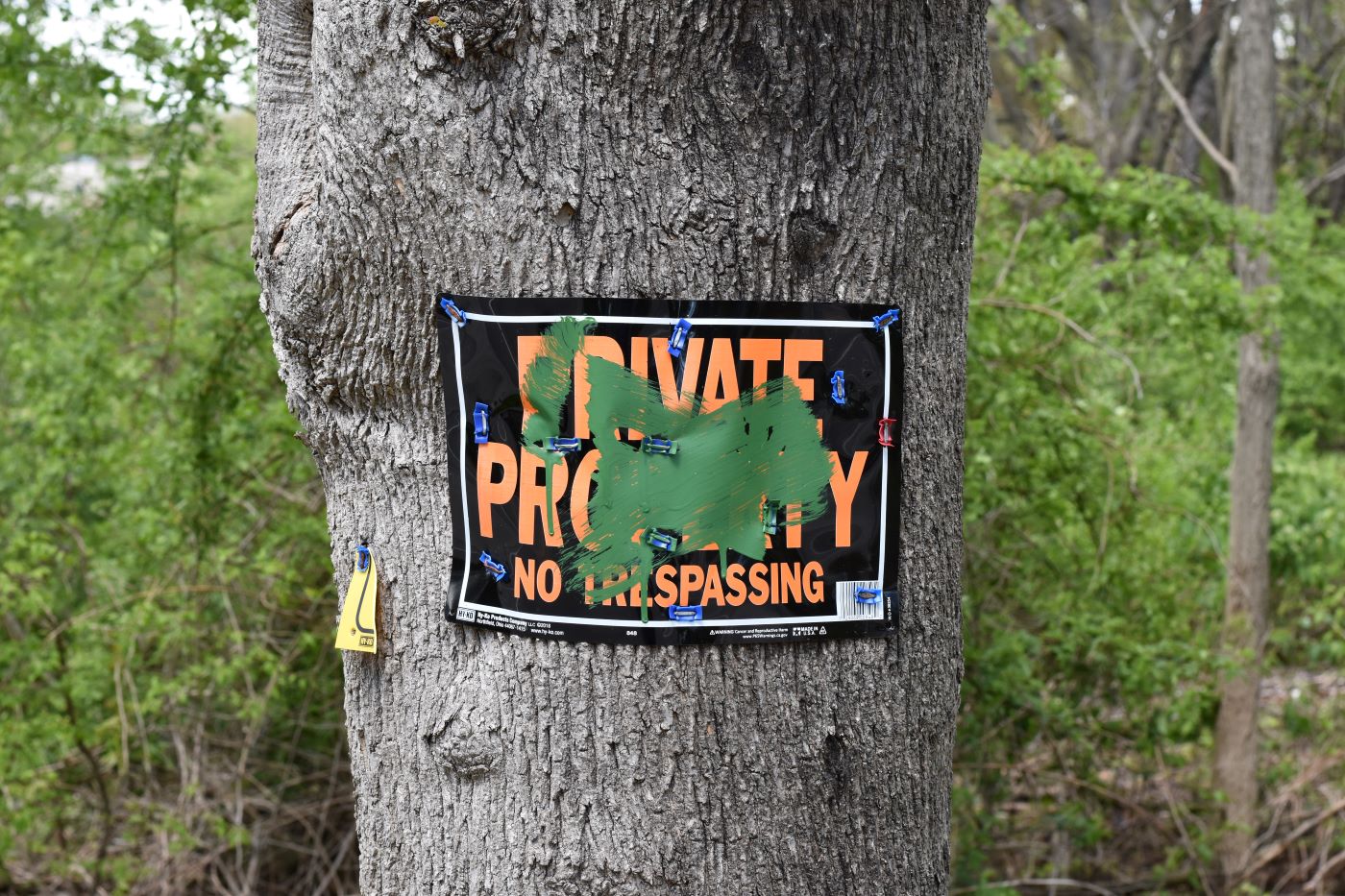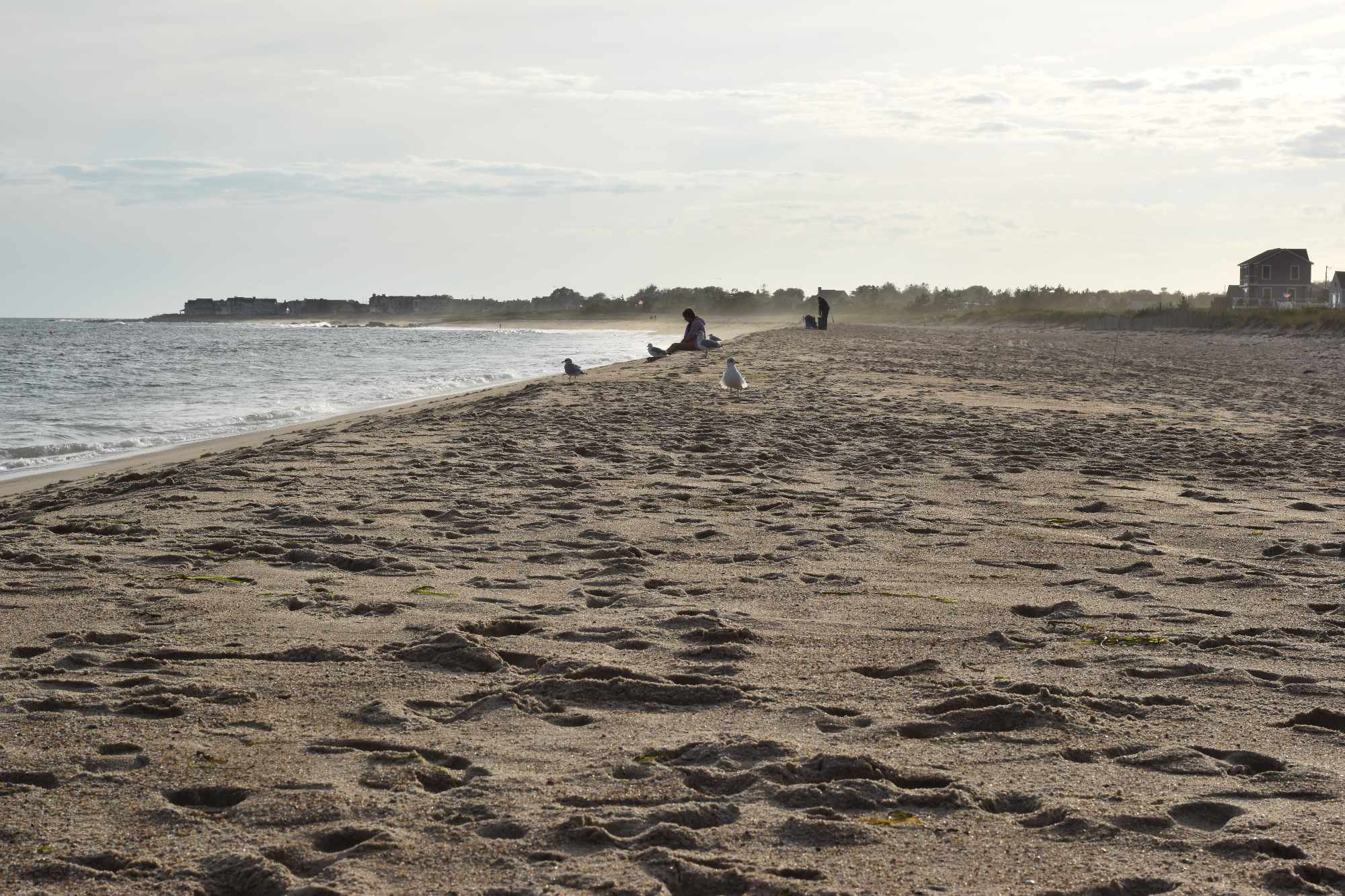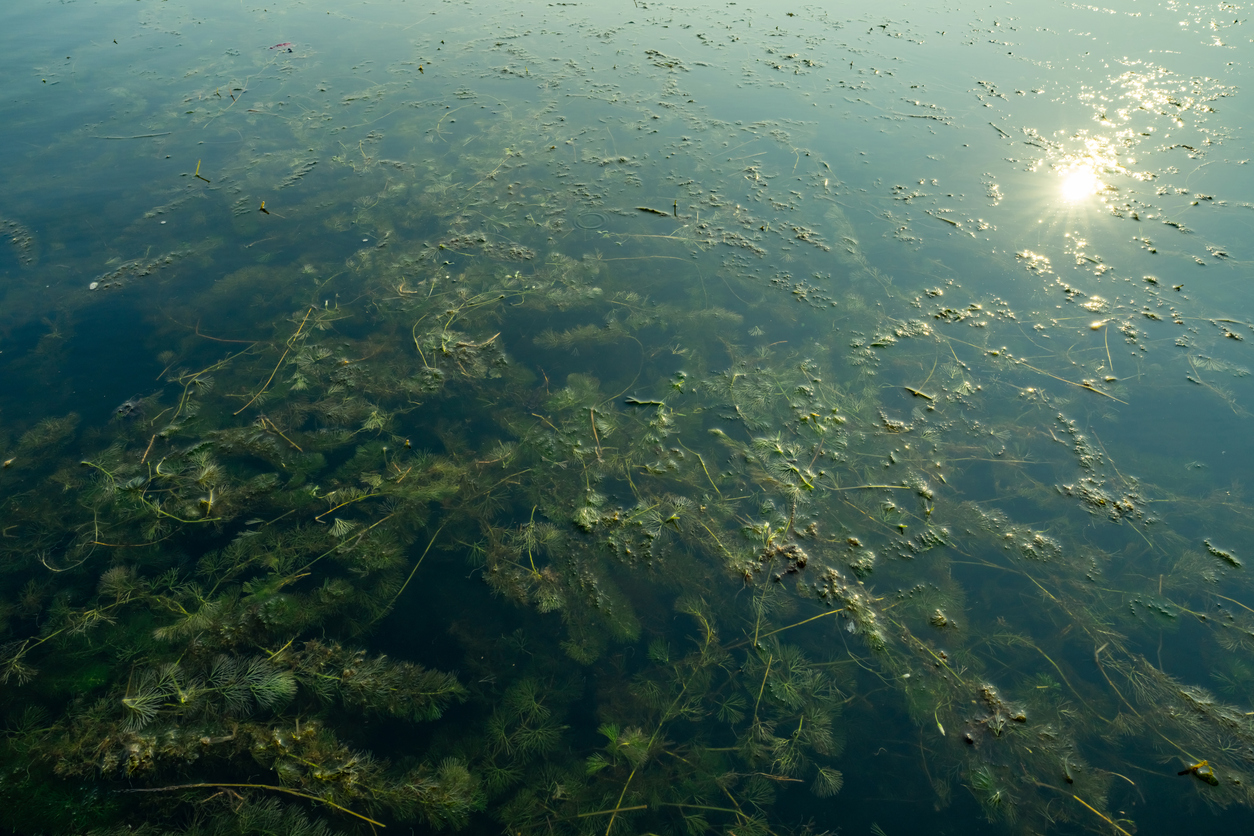Is It Safe to Eat Fish from Beach Waters Closed to Swimming?
July 13, 2023
The question was sensible, and it didn’t cross this reporter’s mind when reporting the story.
Every summer Environment America publishes an analysis of bacteria testing at beaches nationwide. In 2022, 51% of the beaches in southern New England were potentially unsafe for swimming on at least one testing day.
ecoRI News published a story about the report, Safe for Swimming?, July 10. A reader commented, asking: “Can you still eat the salt water fish caught off these beaches?”
Surf casting is popular on beaches in Charlestown, Narragansett, and Westerly, and at the edges of other Ocean State beaches.
ecoRI News reached out to the departments of health in Rhode Island, Massachusetts, and Connecticut to ask if beach closures and swimming/health advisories also cover the eating of fish from their waters?
Joseph Wendelken, public information officer for the Rhode Island Department of Health, said there is not a concern, as long as the fish are cooked. He noted sushi made with fish caught in an area with a swimming restriction due to bacteria is not a good idea. Shellfishing is more of a concern, he added.
The Massachusetts and Connecticut departments of public health didn’t respond.
The federal government does advise women who are or may become pregnant, nursing mothers, and young children not to gorge on several marine species, namely albacore tuna, king mackerel, swordfish, and tilefish, because of the concentration in the tissue of these fish of methylmercury, a highly toxic organic compound of mercury.
While these species are notably identified as fish that should be eaten in moderation by certain groups, little information has been recorded on the mercury levels of native species that are heavily fished and consumed by Rhode Islanders.
For nearly two decades, however, Roger Williams University professor David Taylor has been working on collecting that data, by studying the methylmercury content in the tissue of legal-size and above black sea bass, bluefish, scup, striped bass, summer flounder, and tautog caught in Narragansett Bay, Rhode Island Sound, and Block Island Sound.
These six species account for nearly 99% of the Ocean State’s recreational fishery, according to Taylor. His research has shown that stripped bass have tested above the Environmental Protection Agency’s threshold level for mercury 55% of the time; bluefish, 46%; tautog, 35%; black sea bass, 20%; summer founder, 13%; and scup, 9%.
The higher mercury content in some of these locally caught species compared to national data is likely because of Rhode Island’s prominent role in the Industrial Revolution — there is an abundance of legacy mercury in local sediment — wind-blown pollution from coal-fired power plants in the Midwest, and from the local incineration of medical waste, according to Taylor.
Closer to shore, urban anglers can be found along the Providence waterfront almost every evening and weekend morning. They fish at India Point Park, or further up the Seekonk River at the abandoned railroad bridge off Gano Street. They lean their fishing poles against the railing on South Water Street. They and their fishing gear escape the rain and sun under Interstate 195 near the Fox Point Hurricane Barrier that separates upper Narragansett Bay from the lower Providence River when the weather turns ferocious.
Friends, family, and fishing buddies chat and laugh, share fish tales, and often catch dinner.
The water dinner is pulled from is murky and mostly unpleasant, with plastic bottles, other litter, and petroleum sheens bobbing in the current. The bigger problem is the waters’ invisible pollution: mercury, dioxins, chemicals such as carcinogenic polychlorinated biphenyls (PCBs), and perhaps per- and polyfluoroalkyl substances (PFAS). Decades of industrial toxins — heavy metals such as cadmium, copper, iron, pewter, tin, and zinc and semi-volatile organic compounds such as hexachlorophene, perchloroethylene, and trichloroethylene — are unleashed when sediment is disturbed.
These waters are unswimmable and the fish in them inedible, but many of those feeding their families with this local catch don’t know that, believing they wouldn’t be allowed to fish if the water was polluted. Many of these anglers are immigrants and speak English as a second language.
The Rhode Island Department of Heath and other state officials have admitted the public still needs to be better educated about the health risks associated with eating fish from polluted waters. Getting the word out, however, is tied to staffing and funding.



